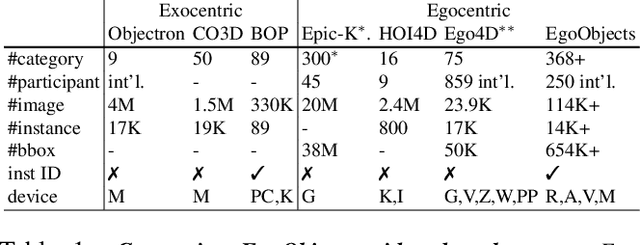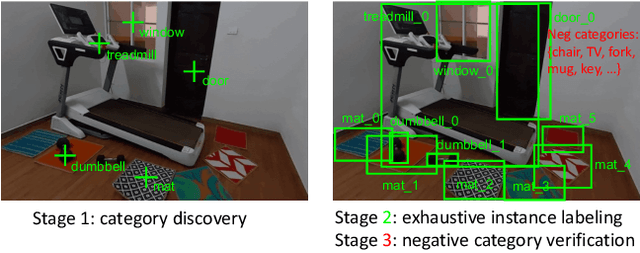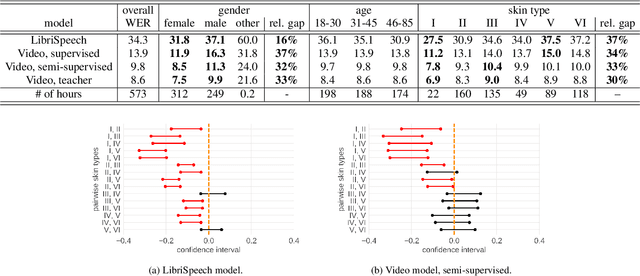Andres Alvarado
Jack
The Llama 3 Herd of Models
Jul 31, 2024Abstract:Modern artificial intelligence (AI) systems are powered by foundation models. This paper presents a new set of foundation models, called Llama 3. It is a herd of language models that natively support multilinguality, coding, reasoning, and tool usage. Our largest model is a dense Transformer with 405B parameters and a context window of up to 128K tokens. This paper presents an extensive empirical evaluation of Llama 3. We find that Llama 3 delivers comparable quality to leading language models such as GPT-4 on a plethora of tasks. We publicly release Llama 3, including pre-trained and post-trained versions of the 405B parameter language model and our Llama Guard 3 model for input and output safety. The paper also presents the results of experiments in which we integrate image, video, and speech capabilities into Llama 3 via a compositional approach. We observe this approach performs competitively with the state-of-the-art on image, video, and speech recognition tasks. The resulting models are not yet being broadly released as they are still under development.
EgoObjects: A Large-Scale Egocentric Dataset for Fine-Grained Object Understanding
Sep 15, 2023



Abstract:Object understanding in egocentric visual data is arguably a fundamental research topic in egocentric vision. However, existing object datasets are either non-egocentric or have limitations in object categories, visual content, and annotation granularities. In this work, we introduce EgoObjects, a large-scale egocentric dataset for fine-grained object understanding. Its Pilot version contains over 9K videos collected by 250 participants from 50+ countries using 4 wearable devices, and over 650K object annotations from 368 object categories. Unlike prior datasets containing only object category labels, EgoObjects also annotates each object with an instance-level identifier, and includes over 14K unique object instances. EgoObjects was designed to capture the same object under diverse background complexities, surrounding objects, distance, lighting and camera motion. In parallel to the data collection, we conducted data annotation by developing a multi-stage federated annotation process to accommodate the growing nature of the dataset. To bootstrap the research on EgoObjects, we present a suite of 4 benchmark tasks around the egocentric object understanding, including a novel instance level- and the classical category level object detection. Moreover, we also introduce 2 novel continual learning object detection tasks. The dataset and API are available at https://github.com/facebookresearch/EgoObjects.
Towards Measuring Fairness in Speech Recognition: Casual Conversations Dataset Transcriptions
Nov 18, 2021

Abstract:It is well known that many machine learning systems demonstrate bias towards specific groups of individuals. This problem has been studied extensively in the Facial Recognition area, but much less so in Automatic Speech Recognition (ASR). This paper presents initial Speech Recognition results on "Casual Conversations" -- a publicly released 846 hour corpus designed to help researchers evaluate their computer vision and audio models for accuracy across a diverse set of metadata, including age, gender, and skin tone. The entire corpus has been manually transcribed, allowing for detailed ASR evaluations across these metadata. Multiple ASR models are evaluated, including models trained on LibriSpeech, 14,000 hour transcribed, and over 2 million hour untranscribed social media videos. Significant differences in word error rate across gender and skin tone are observed at times for all models. We are releasing human transcripts from the Casual Conversations dataset to encourage the community to develop a variety of techniques to reduce these statistical biases.
 Add to Chrome
Add to Chrome Add to Firefox
Add to Firefox Add to Edge
Add to Edge